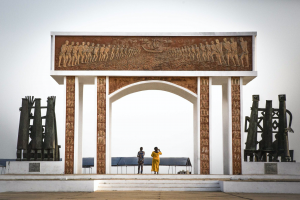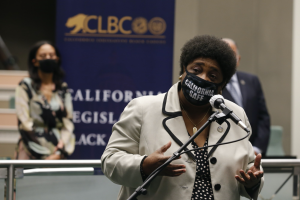The Federal Government Promised Native American Students Computers and Internet. Many Are Still Waiting.
Native American students in BIE operated schools were forced to start the school year without adequate technology, sometimes sharing a single computer among siblings, because the agency disbursed funding late…










